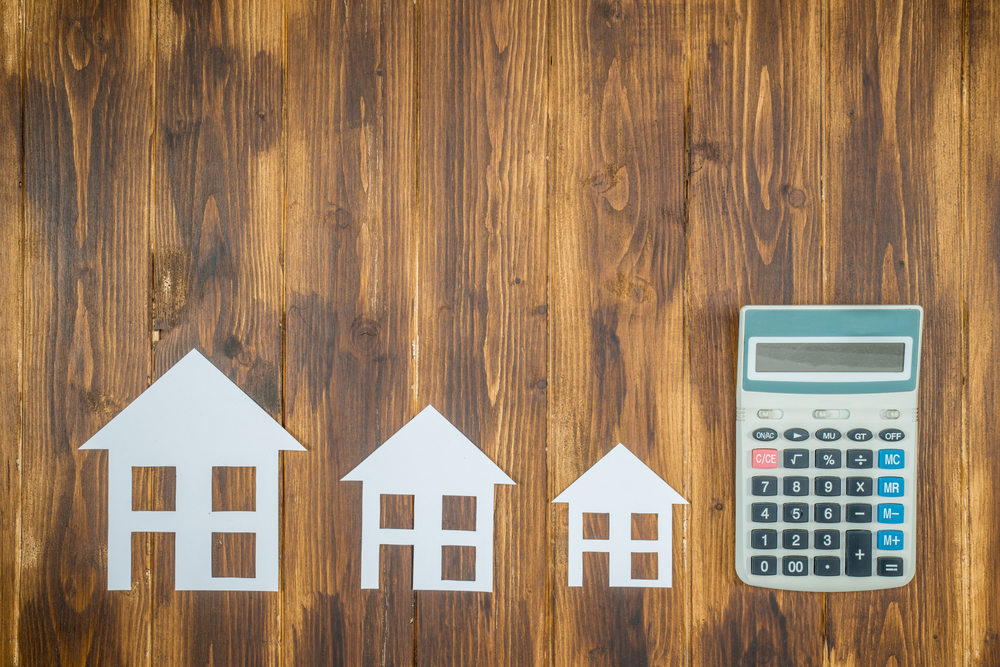UK house price growth slowed in April according to the first combined report by the Office of National Statistics and the Land Registry. The report revealed that UK average house prices have increased by 8.2% in the year to April, down from 8.5% the previous month. On a monthly basis, prices in the UK edged […]
 UK house price growth slowed in April according to the first combined report by the Office of National Statistics and the Land Registry.
UK house price growth slowed in April according to the first combined report by the Office of National Statistics and the Land Registry.
The report revealed that UK average house prices have increased by 8.2% in the year to April, down from 8.5% the previous month. On a monthly basis, prices in the UK edged up 0.6%.
This took the average UK house price to £209,000 in April – up £16,000 from last year and £1,300 higher than the previous month. House sales plummeted by 45.2% in April compared with March.
There was a surge in house price growth in March as buyers brought forward transactions to beat the 1 April stamp duty deadline. There has since been a cooling off in the market because of the rush and partly as a result of economic uncertainty surrounding a possible Brexit vote.
The new UK House Price Index replaces the previous House Price Indices separately published by the ONS and Land Registry.
The strongest growth in UK house prices came from England, where annual house prices have increased by 9.1% to £225,000.
Wales saw house prices increase by 1.7% over the last 12 months to stand at £139,000. In Scotland, the average price increased by 3.3% over the year to hit £138,000. The average price in Northern Ireland is currently £118,000.
London remains the region with the highest average house price at £470,000, followed by the South East at £302,000. The lowest average price continues to be in the North East at £122,000.
Andrew McPhillips, chief Economist at Yorkshire Building Society, said: “Continued growth in prices even after the new buy-to-let stamp duty rate came into force is most likely a result of there being fewer properties on the market after the spike in house purchases driven by landlords rushing to beat the increase in stamp duty. We expect prices to rise in the remainder of the year, but at a less pronounced level than previous years due to macroeconomic weakness.
“Given that house price inflation has outpaced wage-growth for a number of years, affordability constraints are likely to dampen market activity in the near future. In addition to this, a combination of EU referendum uncertainty and turmoil in global markets could weigh on price growth at least in the short term.
“House prices have increased substantially in recent years, especially in the South, and a slowdown in prices would go some way towards correcting the house price boom. That said, in the long-term house prices are likely to carry on growing beyond wage-growth as a consequence of demand outstripping supply. This will continue to push people out of the market unless more properties are built for people to buy.”
Andrew Bridges, managing director of Stirling Ackroyd, said: “A potential Brexit is producing jitters this June – and the London property market is the most vulnerable to this new anxiety. The top-end of the capital’s housing market has been stuck in a slowdown for a while now, with a 2.4% annualised fall in the last quarter of 2015. And this is worsening as buyers and sellers wait to see the referendum result – at least for the top end of London’s luxury market.”
What Mortgage has teamed up with London & Country to offer you expert advice on the right mortgage deal.
Whether you’re buying a new home, remortgaging to a new deal or buying an investment property, L&C can help – and you’ll pay no fee for their advice. To find out more, click here.














